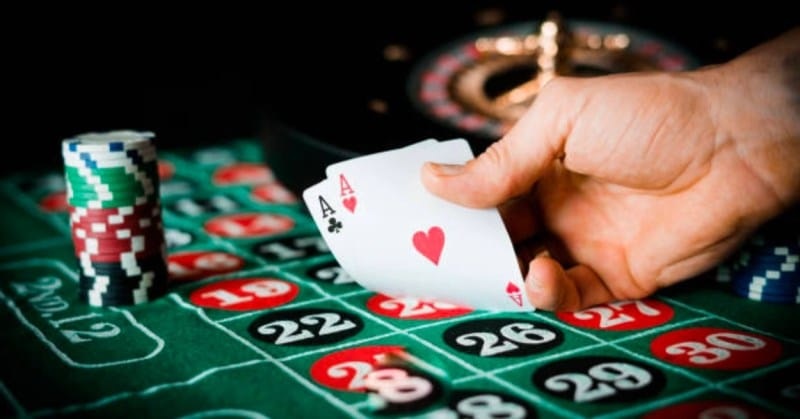Science behind casino randomness – How fair gaming works?
At the heart of every casino game lies a system that creates random outcomes. These systems ensure that each spin of a slot machine, deal of cards, or roll of dice is completely independent and unpredictable. This is what makes casino games both exciting and fair for players. Modern casinos use sophisticated computer programs called Random Number Generators (RNGs) to create these random results. Think of an RNG as a super-fast calculator that makes millions of numbers every second. These numbers are then turned into game outcomes that players see on screen or at the gaming table.
The most interesting part is that these random numbers are truly random. They don’t follow any pattern and can’t be predicted, just like rolling real dice or shuffling actual cards. A number of independent labs regularly test the RNG systems for fairness and randomness. Physical casino games also use special equipment to ensure randomness. Take roulette wheels, for example. They are carefully balanced and checked daily to make sure no single number comes up more often than others. Dice used in craps games are also measured precisely to ensure all sides have an equal chance of landing face-up.
But how do we know these games are truly random? This is where mathematics comes in. Casino games are designed using probability theory. This means that while any single outcome is random, the overall pattern of results follows mathematical rules. For instance, in a fair coin flip, you should see heads about 50% of the time over many flips. Players enjoy a seamless gaming experience using the mega888 apk for their favorite casino activities. By clicking ‘spin’ on an online slot machine, the RNG has already generated a random number. This number is then converted into the symbols you see on your screen. The spinning animation is just for show; the result is decided the moment you click!
Temperature, time, and player actions can all affect how random numbers are generated in casino games. Many systems use these changing factors as ‘seeds’ to help create random numbers. This makes the games even more unpredictable and fair. Casino random games also have something called a Return to Player (RTP) percentage. For example, if a slot machine has a 95% RTP, it means that for every $100 played, about $95 is paid back to players. Remember, this happens over thousands of plays, not in a single session.
Safety measures are built into these random systems to prevent tampering. Multiple layers of security protect the RNG software from being changed or predicted. This helps maintain trust between casinos and players.
- RNG systems create thousands of random numbers every second
- Each game outcome is completely independent of previous results
- Regular testing ensures the games remain fair and random
- Physical casino games use specially designed equipment
- Mathematical principles guide game design
- Security systems protect against tampering
The future of casino random games looks even more interesting. New technologies like blockchain are being explored to make games even more transparent and verifiable. This could give players even more confidence in the fairness of casino games. While winning or losing is always random, knowing the technology behind these games can make your gaming experience more enjoyable. Always remember that casino games are meant for entertainment, and no system can predict or control truly random outcomes.




